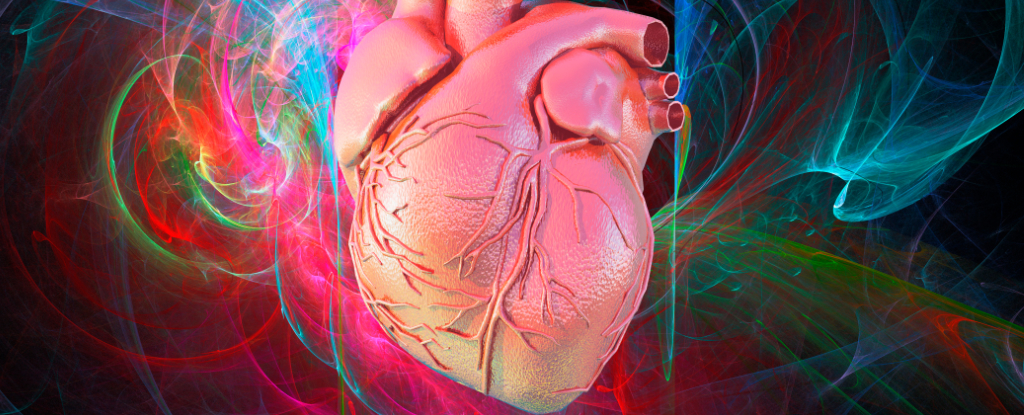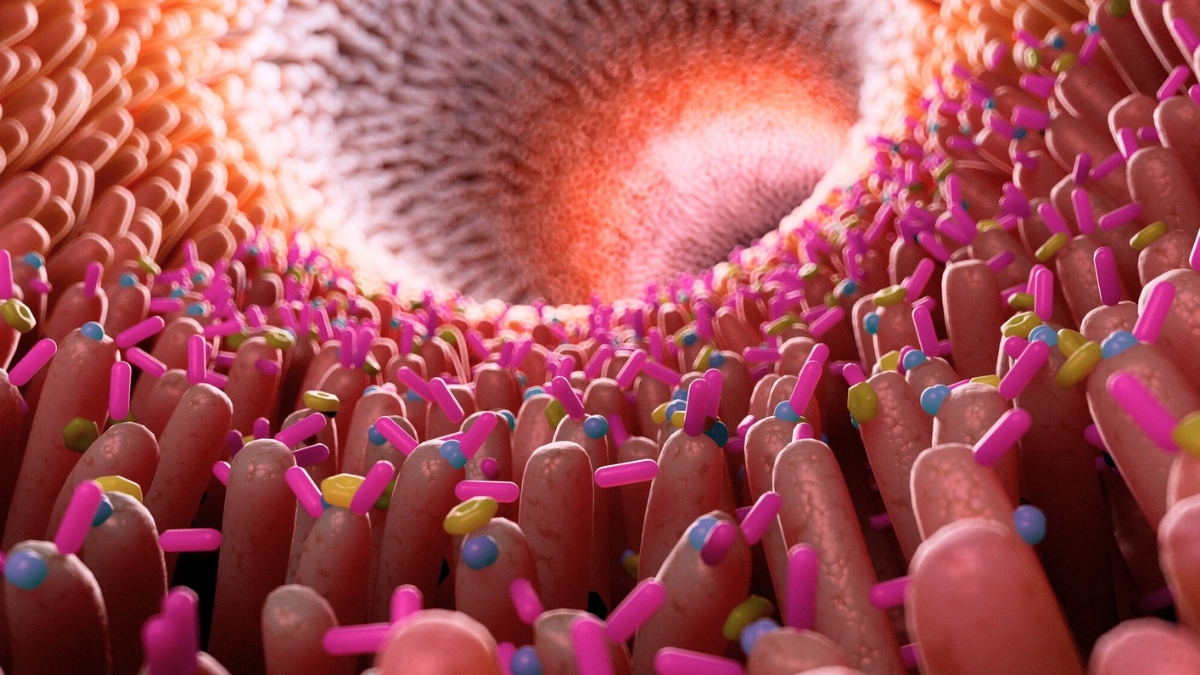
Heart cancer is an exceptionally rare condition, affecting approximately 3 in 10,000 individuals, a stark contrast to the more common incidence of breast cancer, where 1 in 20 women are expected to develop the disease. This rarity prompts questions about the underlying reasons for such a significant disparity.
Why Heart Cancer is So Rare
Cancer occurs when cells begin to divide uncontrollably, leading to various health complications. While it can develop in any part of the body, certain organs, including the heart, exhibit a notably lower incidence. According to Julie Phillippi, an Associate Professor of Cardiothoracic Surgery and Bioengineering at the University of Pittsburgh, the unique characteristics of heart cells play a crucial role in this phenomenon.
Heart cells possess distinct features that enhance their resistance to cancer. One reason for this is the limited rate of cell division in the adult heart. After birth, heart cells divide infrequently, with a dramatic decrease in division rates after the age of 20. In fact, less than 50% of heart cells are replaced over a person’s lifetime. This low turnover rate reduces the likelihood of genetic mutations during DNA replication that can lead to cancer.
Furthermore, the heart’s location within the chest offers it protection from environmental factors that can contribute to cancer development, such as ultraviolet light and inhaled carcinogens. Despite this inherent resistance, heart cancer can still occur, often due to metastasis from other cancers, particularly certain skin and chest cancers.
The Implications of Heart Cancer
When tumors do form in the heart, they can be aggressive and present significant challenges for treatment. A comprehensive study analyzing over 100,000 heart cancer cases in the United States found that patients who received surgery and chemotherapy had improved survival rates compared to those who did not. Effective cancer treatment requires a multidisciplinary approach, encompassing various aspects of medicine, including palliative care and integrative medicine, which address both physical symptoms and emotional well-being.
Insights into heart cancer also shed light on the broader field of heart regeneration. Understanding the mechanisms behind heart cell division and the factors that inhibit effective healing can lead to advancements in treatment. For instance, research has indicated that while damaged hearts exhibit an increased number of dividing cells, they still struggle to recover fully from injuries, such as heart attacks.
Innovative technologies, such as the ability to reprogram blood cells into heart cells, have begun to provide new avenues for studying heart disease and potentially achieving heart regeneration. The implications of this research extend beyond just understanding cancer; they may also pave the way for new treatments for a range of heart diseases.
Ultimately, unraveling the reasons for the rarity of heart cancer is as vital as investigating its causes. The answers to these questions could play a significant role in shaping future treatments and improving outcomes for patients.






